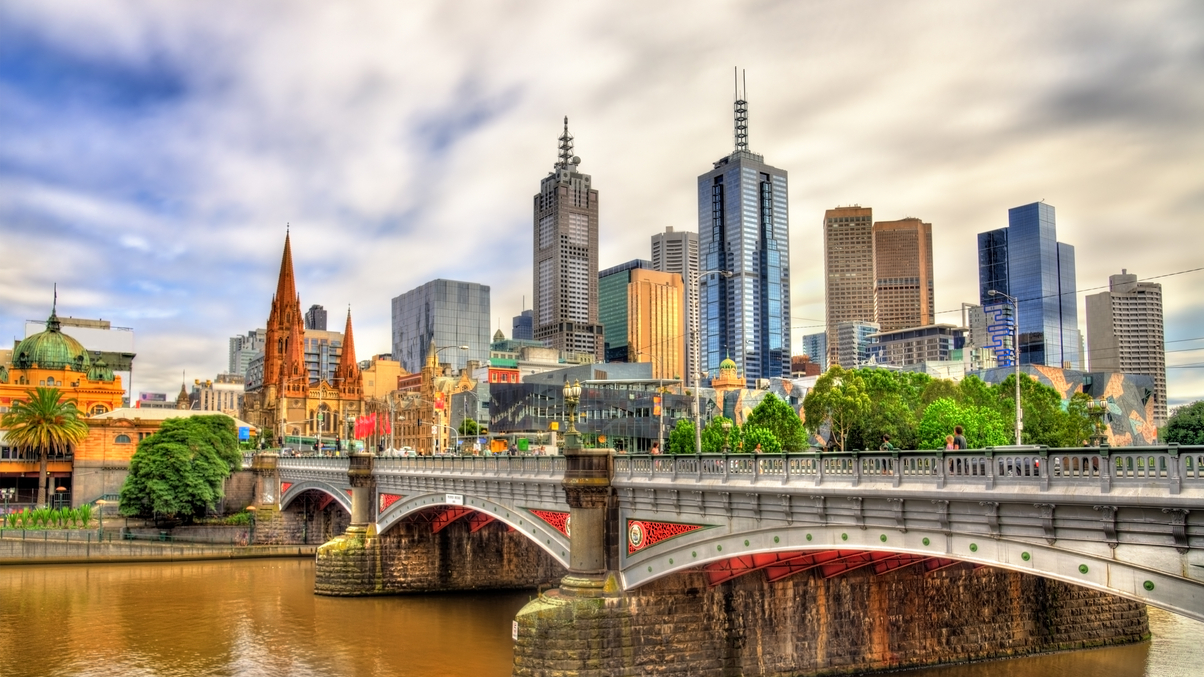New strategies as Australia’s Future Fund enters ‘gangly teenager’ phase
The sovereign wealth fund is exploring a new investment model as it manoeuvres a post-Covid world, an uncertain interest rate environment, and higher-priced assets.

As Future Fund approaches its 16th anniversary, the sovereign wealth fund has renewed its investment strategy as institutional investors globally face a world altered by the pandemic.
Sign in to read on!
Registered users get 2 free articles in 30 days.
Subscribers have full unlimited access to AsianInvestor
Not signed up? New users get 2 free articles per month, plus a 7-day unlimited free trial.
¬ Haymarket Media Limited. All rights reserved.


